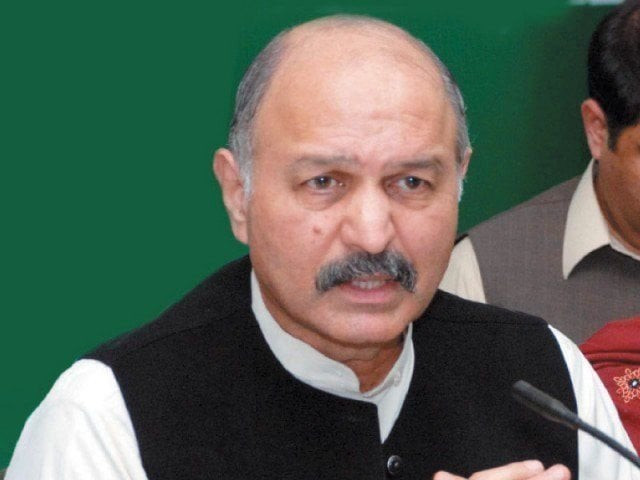Political pundits downplay risk of war
Say limited action still possible as Modi fuels war hysteria

While the spectre of full-scale war remains distant, the possibility of limited military action looms large – one that could fan the flames of war hysteria deliberately stoked by the belligerent Modi government, analysts have warned.
Tensions continue to simmer on both sides of the border after India vowed retaliation over a recent attack in Indian Illegally Occupied Jammu and Kashmir (IIOJK), which it blamed on Pakistan without furnishing evidence. In response, Islamabad issued a stern warning against any misadventure and placed its forces on high alert.
Political analysts in Pakistan have downplayed the chances of full-scale conflict, arguing that India's media-driven war talk serves to bolster the ruling party's domestic image rather than signal genuine military intent.
Despite the heightened rhetoric, they believe strategic restraint still holds at the military level, though a return to calm appears out of reach for now.
Former Senator Mushahid Hussain Sayed, speaking to The Express Tribune, said the current "no war, no peace" situation is likely to persist as it benefits the Modi regime. However, he asserted that no military conflict or war between the two neighbours is expected.
He said that despite Pakistan's smaller size, it had responded responsibly to India's threats. "Not only that, we are also apprising the world of the risk of misadventure by India, which shows our commitment to peace even in these testing times," he said.
He likened the situation to the Cuban Missile Crisis, which brought the US and the USSR to the brink of nuclear conflict.
"The world must be made aware of the consequences of a nuclear fallout," he warned.
He added that Pakistan was compelled to issue a strong response only after India threatened annihilation. "Despite the chest-thumping on the Indian side, Pakistan remained composed, its people and its media," he said.
He noted that Indian media's jingoism had reached a fever pitch. "The language pro-Modi media was using bordered on hate speech," he observed.
Commenting on India's move to hold the Indus Waters Treaty (IWT) in abeyance, Mushahid said it was a dangerous game that could backfire. "If we are the lower riparian in the case of the Jhelum, Chenab and Indus rivers, then India is a lower riparian state in the case of the Brahmaputra and Indus, both of which originate from China," he said.
"If India tries to fiddle with our water supply, China could disrupt the flow in those rivers."
He clarified that India had only held the IWT in abeyance and had not suspended it. "They cannot suspend the treaty, nor can they disrupt the water supply in the short run. They simply don't have the infrastructure for that," he said.
Senior political analyst and former caretaker Punjab Chief Minister Hasan Askari also said the probability of a full-blown war was low. However, he warned that limited military action remained a real possibility.
He noted that India had for the past two decades sought ways to punish Pakistan below the nuclear threshold, but had failed to do so thus far.
He praised Pakistan's overall conduct during the crisis. "Other than the defence and information ministers, Pakistan and its media have acted maturely and professionally," he said.




















COMMENTS
Comments are moderated and generally will be posted if they are on-topic and not abusive.
For more information, please see our Comments FAQ